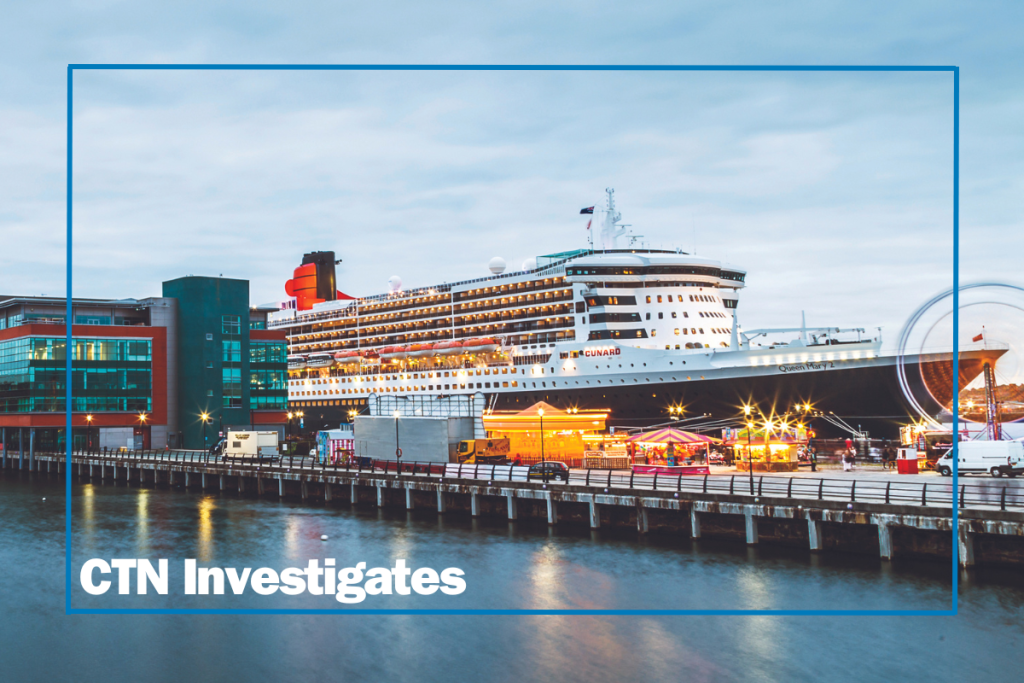The rise of the cruise industry has become a significant factor for port cities globally. It brings economic benefits but poses environmental challenges.
Understanding how port cities cope with increased cruise traffic is crucial. This analysis explores local impacts, government interventions, and future prospects.
Economic Boons and Challenges
The cruise industry offers substantial economic potential to port cities through increased footfall and spending. A report from CLIA highlights that passengers spend approximately £600 each during a cruise, translating to significant revenue for local businesses. However, not all communities witness these benefits as excursions often bypass local attractions, focusing on more distant sites of interest.
In Scotland, for instance, cruise activities have surged, with the Port of Aberdeen anticipating over 100 ships annually by 2027. Between 2014 and 2019, cruise ship calls in Scotland soared by 90%. Despite this growth, the imposition of a tourism levy is being considered to mitigate environmental impacts and manage tourist influx effectively.
Environmental and Social Concerns
Environmental implications of cruise ships are pressing, as a single vessel can emit pollution equivalent to a million cars daily. When docked, emissions rise, posing health challenges to port communities, compounding the social impacts of increased tourist numbers.
Councillor Frank Lott from North Tyneside criticises excursion companies for ignoring local areas that could benefit economically. Instead, they opt for locations such as Durham and Holy Island. This practice leaves local attractions underutilised and exacerbates the socio-economic divide.
Government Interventions and Policies
The Scottish Government is contemplating a tax on docking vessels to address cruise-related challenges. Jacqueline Dobson of Barrhead Travel emphasises the need for a positive cruise policy in Scotland to harness the economic advantage without compromising environmental standards.
Liverpool, a major cruise hub since 2007, has experienced substantial economic benefits, injecting over £111 million locally. However, concerns about sustainability have prompted thoughts of transitioning port ownership to the private sector due to uncontrollable costs.
Port Development Initiatives
Hull City Council has recently approved the development of a new cruise terminal, expected to enhance local economic prospects. Public response to this initiative shows widespread support, yet some residents worry about its impact on daily life and financial feasibility.
Southampton, home to the UK’s largest cruise terminal, attributes a £1.35 billion annual benefit to the regional economy from cruise ship calls. These figures underscore the industry’s potential when leverage aligns with sustainable practices.
Community and Economic Impact
Portsmouth is another example where cruise activities contribute significantly to the local economy. In 2022, it added £189 million to the region. The port’s council ownership ensures that profits support essential city services, emphasising the broader community benefit.
Furthermore, the Levelling Up Fund injection into Portsmouth demonstrates governmental support for enhancing port facilities in anticipation of increased passenger numbers and highlights the focus on sustainable growth.
Future Directions for the Cruise Industry
The pandemic underscored the importance of domestic itineraries for the UK cruise industry, highlighting their role in sustaining local economies. Moving forward, strengthening port infrastructure and promoting diverse regional tourism remain critical.
Ensuring that cruise lines continue to contribute positively requires strategic collaboration between government bodies, cruise companies, and local stakeholders. Enhancing local engagement and reducing environmental footprints are paramount for future growth.
Conclusion
Port cities face a complex interplay of opportunities and challenges due to the growth of the cruise industry. Addressing these requires thoughtful strategies balancing economic gains with social and environmental responsibilities.
In sum, while cruise tourism offers economic benefits, port cities must strategically manage environmental and societal impacts.
Proactive engagement and policy innovations are needed to ensure that the cruise industry evolves sustainably, benefiting both regional economies and communities.

